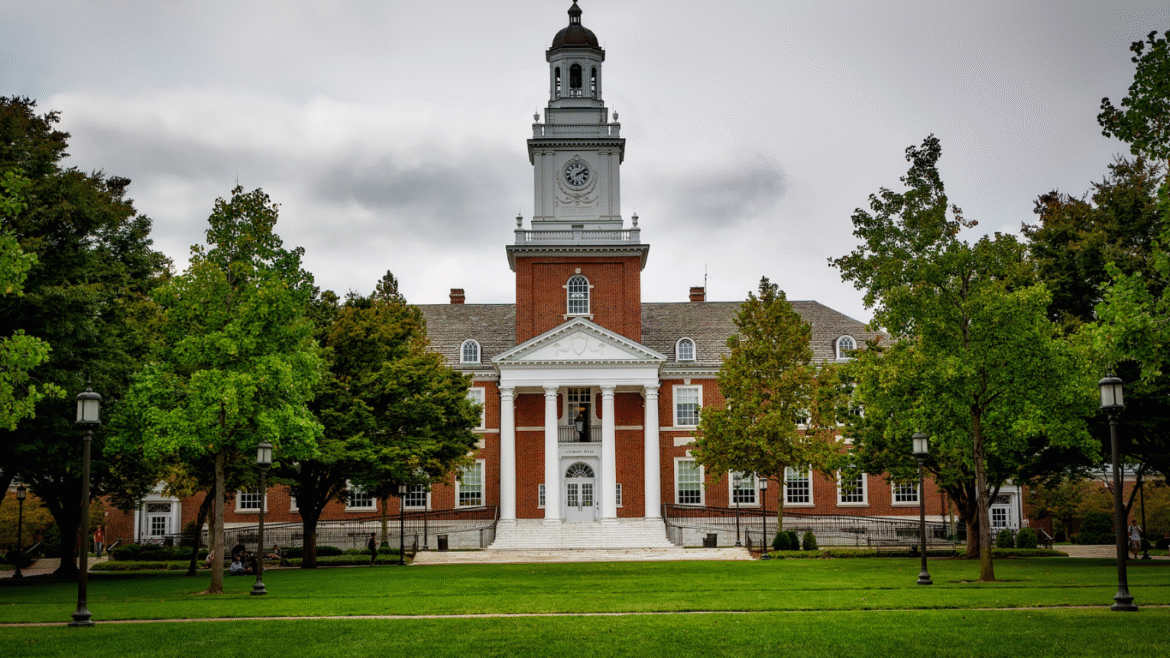A recent legal dispute between Harvard University and the U.S. federal government has captured global attention not just because of the university’s reputation, but because of what the case represents for international education as a whole.
In June 2025, a U.S. federal judge granted Harvard a temporary injunction that allows it to continue enrolling international students, despite efforts by the Trump administration to revoke that right. The ruling offers short-term relief, but the broader message it sends is one of uncertainty and concern.
A Fragile Victory
The legal battle began when U.S. immigration authorities gave Harvard just 72 hours to comply with six conditions or face the loss of its SEVP (Student and Exchange Visitor Program) certification. Without this certification, Harvard would be unable to host international students, and the current students’ visa status would become uncertain.
The court found that such abrupt action could cause immediate and irreversible harm, especially since students had already paid fees, secured visas, and arranged travel. The judge extended an earlier restraining order, citing the need for stability while the case is fully reviewed.
However, this decision does not put the matter to rest. The administration has signaled that it may continue pursuing other legal pathways to prevent international students from enrolling at the university.
International Students Are Caught in the Middle
This case may seem unique to Harvard, but the implications are global. International students are critical not only to the academic and cultural fabric of institutions but also to their financial sustainability. Many top universities rely on international enrolments for a significant share of tuition income, especially in graduate and research-intensive programs.
More importantly, these students bring diverse perspectives, improve classroom discussions, contribute to research, and become global ambassadors for their host institutions.
When political decisions cast doubt over their ability to study and stay, it sends a ripple of uncertainty through the entire global education ecosystem. Prospective students and their families may begin to question whether they should invest in a country where policy shifts can jeopardize their future without warning.
What Universities Must Do Now
Build a Strategy That Can Withstand Policy Shifts
Universities can’t assume that international enrolment processes will stay predictable. Institutions need to plan for sudden regulatory changes and build flexibility into their global engagement strategies.
Don’t Rely Too Heavily on One Market or Model
If most of your international students come from one region, or your operations depend on one country’s immigration policy, you’re vulnerable. It’s time to diversify student pipelines and explore new international partnerships.
Support Matters More Than Ever
International students choose institutions that support them in moments of uncertainty. Providing clear communication, legal assistance, and emotional support during times like this builds lasting confidence in your brand.
A Wake-Up Call for Global Education
This case may center on one university, but the message it sends reaches far and wide. When international students see headlines about revoked visas or policy crackdowns, they don’t just reconsider Harvard—they rethink the entire country as a study destination.
Universities around the world are watching. So are students and families. Everyone’s asking the same question: Who will provide not just education, but stability and fairness?
This moment calls for more than legal arguments. It calls for leadership. Institutions that want to thrive globally must do more than offer degrees. They must prove they’re ready to protect and invest in international students through uncertain times.
